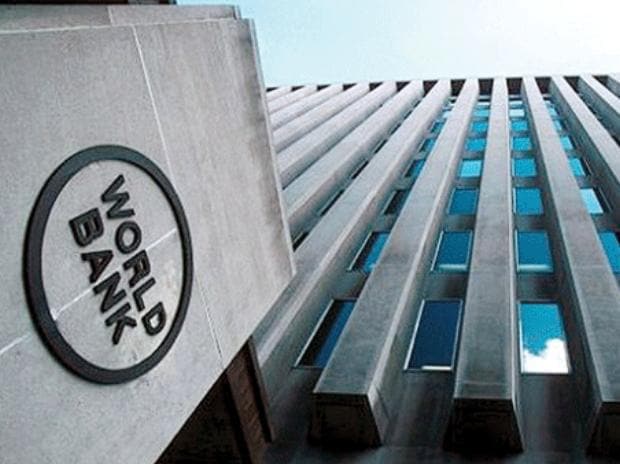The World Bank and the International Monetary Fund are planning to launch a platform to advise poor countries on funding climate and conservation activities, amid a broader push that could link such spending to debt relief, according to a draft document seen by Reuters.
The advisers would include U.N. officials, nongovernmental organizations, private investors and even ratings agencies with expertise in sourcing investment, including grants, low- or no-interest loans and conditional debt relief, the document says.
The initiative reflects growing recognition that the economic turmoil of the Covid-19 pandemic has exacerbated budget constraints and debt challenges that hamper the ability of some countries to transition to clean energy, protect wildlife or make infrastructural changes to prepare for climate impacts.
"Unlike other initiatives out there that focus on one project at a time, this will focus on systematically changing whole economies," said one source familiar with the initiative, who added that the platform aims for a more holistic approach to "the triple crisis of debt, climate change and biodiversity loss."
In a February interview, World Bank President David Malpass raised the possibility of linking debt relief with investments to combat climate change and reduce fossil-fuel emissions, but provided no further details.
The institutions' discussions toward that goal are detailed in a World Bank paper on debt published on the bank’s website on Monday for their annual spring meetings.
It said they are developing an "organizing framework" for connecting debt relief to countries plans for investing in green, resilient and inclusive development, or 'GRID', the bank's newest catchall acronym.
"For countries that are close to their debt limits, financing GRID will require sufficient grants and concessional lending which could be augmented by conditional debt relief or reprofiling," the joint paper said.
The World Bank estimates that over 30 of the world's poorest countries are in or at high risk of debt distress. Three of them - Chad, Ethiopia and Zambia - have requested restructuring of their debts under a common framework agreed last year by China, the world's largest bilateral creditor, and other Group of 20 major economies with the Paris Club of official creditors.
Last month, a separate technical working group began working on the new Debt/Climate/Nature Platform. It will allow public and private sector experts to provide technical assistance and data to countries about possible investments and help them find public and private funding, the paper said.
A second source said planning was still in the early stages, but the goal was to launch the platform late in 2021, with a secretariat to be hosted at the World Bank.
"If unaddressed, or approached in ways that do not take into account macroeconomic vulnerabilities and debt sustainability constraints, climate change and nature loss represent a systemic risk to the global economy," the paper says.
The platform, however, would not replace debt treatment talks under the Group of 20 common framework, the document said.
Instead, it could provide advice for how to proceed after any debt relief was agreed.
 Dear Reader,
Dear Reader,
Business Standard has always strived hard to provide up-to-date information and commentary on developments that are of interest to you and have wider political and economic implications for the country and the world. Your encouragement and constant feedback on how to improve our offering have only made our resolve and commitment to these ideals stronger. Even during these difficult times arising out of Covid-19, we continue to remain committed to keeping you informed and updated with credible news, authoritative views and incisive commentary on topical issues of relevance.
We, however, have a request.
As we battle the economic impact of the pandemic, we need your support even more, so that we can continue to offer you more quality content. Our subscription model has seen an encouraging response from many of you, who have subscribed to our online content. More subscription to our online content can only help us achieve the goals of offering you even better and more relevant content. We believe in free, fair and credible journalism. Your support through more subscriptions can help us practise the journalism to which we are committed.
Support quality journalism and subscribe to Business Standard.
Digital Editor

RECOMMENDED FOR YOU